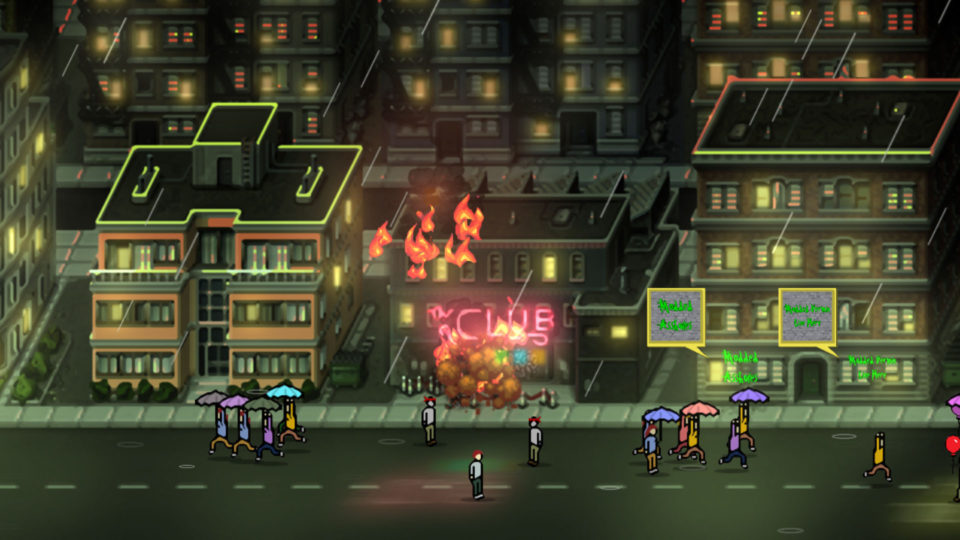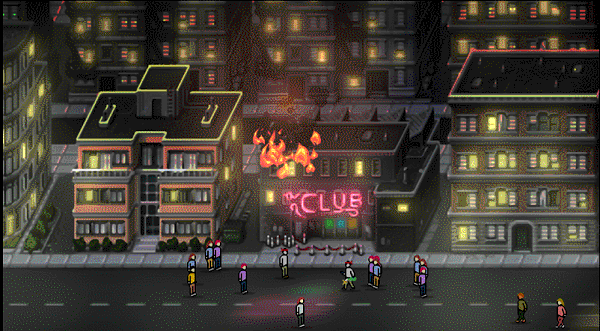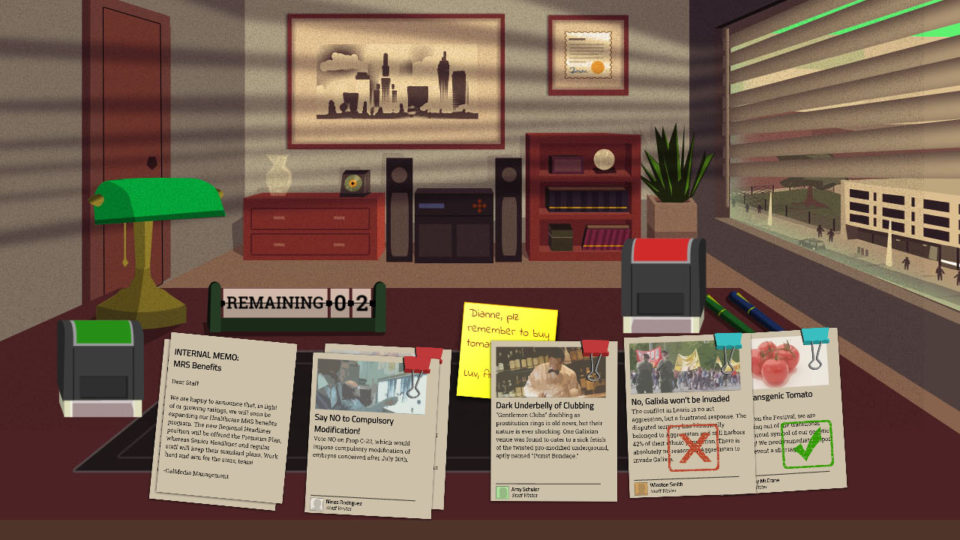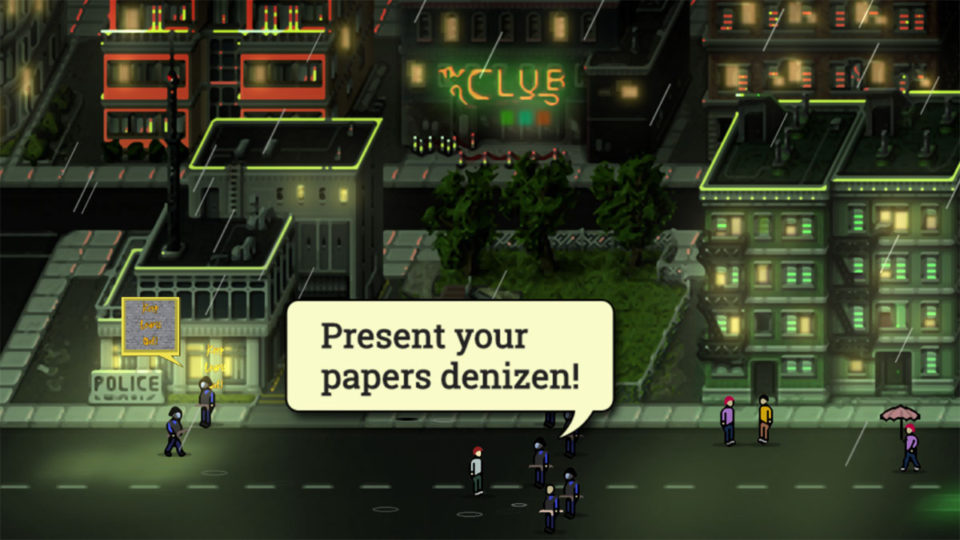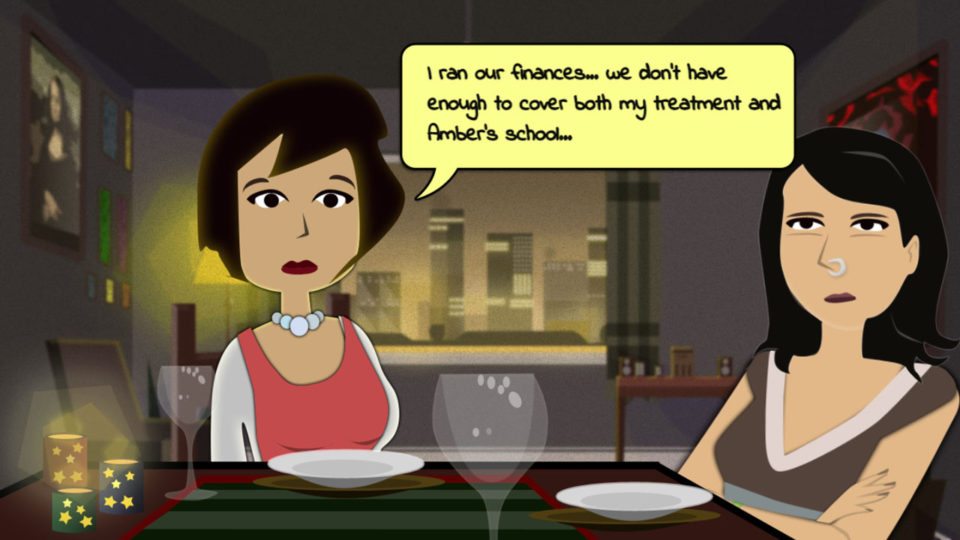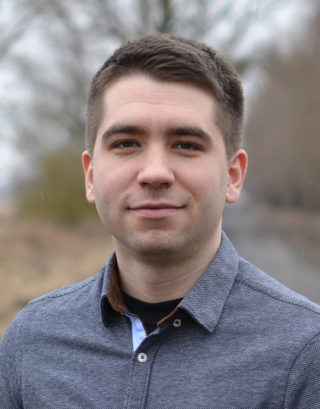
Participating in the History of Virtual Reality
Carbon Studio was founded by three friends who had been working at The Farm 51 (known for the game Get Even) and go out on their own. They came to this decision after learning of the Oculus Rift Development Kit and discovering a desire to create games for this new platform from its earliest days. They wanted to take part in the history of virtual reality as it was being written. And the games they choose to develop are those they would like to play – a common motivation among game developers.
Carbon Studio has its office in Gliwice, Poland and all the team exceptPaweł work there; he works away from the office. The majority of the team members are from the Gliwice area, which is part of a larger metropolis in the culturally and industrially rich region of Upper Silesia, and others have moved their families there. Most feel lucky to work close to home.
Paweł came to Carbon Studios after working in the film industry as a set manager. A director who knew of his passion for video games and new technology invited him to join a meeting with the owners of Carbon Studio, and he came out of it with a strong desire to work as a VR game developer. Not long after he joined the studio and his first task was to write the story for their first game, Alice VR. He also designed one of the puzzles for Unreal Engine 4. Currently he is responsible for communication and managing business development.
Total Focus on VR
Carbon Studios decided to focus entirely on VR games since players with VR headsets usually stop playing traditional games. “When you try VR once, there’s no going back,” Paweł claims. They expect VR to become more and more popular, so they treat developing for VR as a long term investment. As Paweł said, “I don’t believe it will replace traditional games in the future, but I think it may become as popular as console games, with millions of units sold.”
They began working on The Wizards shortly after the Oculus Touch controllers were announced for the Oculus Rift headset. The idea of seeing and using your hands in a natural way in virtual reality was something they found deeply inspiring. At Carbon Studio they didn’t just want to reproduce activities from ordinary life; they were determined to create something that was possible only in the limitless world of VR. So they decided to fulfill a dream of becoming a powerful wizard and casting spells. Both Dr. Strange and Harry Potter were useful inspirations in their direction.
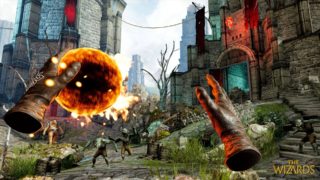
Unexpected Turns
The development of The Wizards took a few unexpected turns along the way. The game started out as a simple wave shooter that could be completed in less than an hour. The idea of the game was to have the player stand on a platform and prevent the enemies from reaching the village behind. As they were developing the game, they realized it would be more interesting if the player could teleport between many platforms. It still felt too limiting, so they added free movement and free teleportation. The Wizards turned from a simple wave shooter to an action adventure with a lot of exploration.
As they were developing The Wizards, Carbon Studio decided to test at a very early stage of development. They organized alpha and beta testing, each time using the VR community, with testers filling out a beta form. It was extremely useful and gave them many outstanding ideas, but the results turned out to be a bit misleading. The feedback on the movement scheme was overly positive. Once the game was released, players who had paid for the game criticized Carbon Studio’s choice to stick with node-based teleportation. Apparently the beta testers were happy to have been chosen to test the game and were unwilling to criticize too much. This is something the company will keep in mind for the future.
On the other hand, some of the testers gave much more than they were asked for. One not only filled out his survey, he also provided several hours of videos of him playing the game, finding bugs and giving feedback. He then pitched the game to his boss, owner of a VR arcade, and has become one of the game’s most avid fans. When someone on the internet suggests the game is similar to another, he responds that it is, but better. He has now become one of Paweł’s personal friends, and Paweł says, “It was worth organizing the testing just to meet this guy.”
After Carbon Studio released The Wizards on Steam Early Access, they had many players criticizing the movement scheme and soon there were “mixed” reviews on Steam. This was totally unexpected because of the positive reviews from closed beta testing. They responded three days after the release by announcing that they would add free locomotion, a less restrictive way of moving in VR, which the players had requested. As soon as this feature was promised, the positive reviews on Steam began. Now that the free movement update is out The Wizards is a much better game. There have been even more positive reviews and a significant increase in sales.
The Virtual Reality Revolution
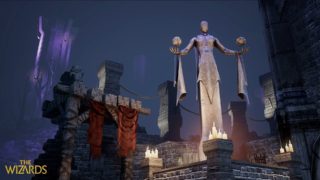
Carbon Studio’s monetization method is the premium model, releasing their games on Steam and the Oculus Store. The user base for VR is not yet large enough for freemium to be a workable method.
Inspirations for their games can come from anywhere. For example, Alice was influenced by Alice in Wonderland but the plot of the game is original. However, characters, themes and mechanics do have references to the book, such as shrinking and growing, or the Hatter’s riddles.
Carbon Studio’s projects are led by one of the three founders of the company, supported by the other two. Each of them has different skill sets and specialize in different areas of production.
How the Project Grows
A project usually begins with a brainstorming session with the entire team. They want to be sure they are working on a project that is relevant, interesting and completely understandable for everyone. After establishing this basis, most of the decisions will be made by the leads, but they are always open to ideas and suggestions from all team members throughout the development process. And, of course, changes are made all along the way.
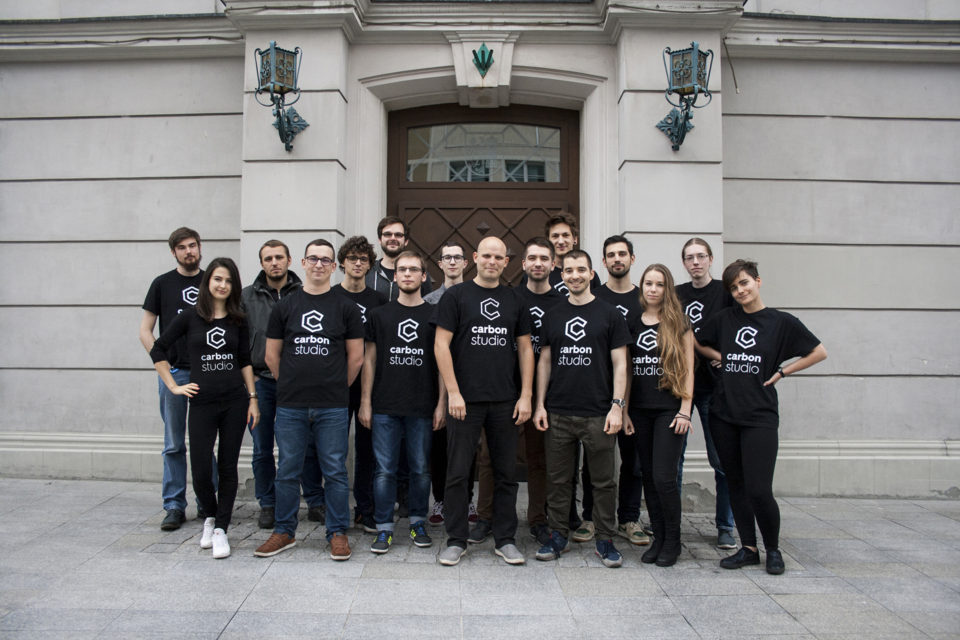
As their experience in game development grows, they put increasing importance on alpha and beta testing. With The Wizards, they turned to Reddit and active users on the platform for their users. They were reaching out to future potential users and building a fan base. The choice was not quite as good as they anticipated, with the results more positive than was seen in users after early release. In the future, Carbon Studio will find more impartial testers as well as using the VR community.
When designing the visuals for their games, their basic principle is to minimize the compromises involved in designing for VR. They are fascinated by mega-scans and realistic assets, but there is a certain amount of unavoidable stylization. Although compromises are unavoidable, constantly improving optimization on UE4’s end mean the options for visuals are also constantly expanding.
The humor of The Wizard comes from the narrator played by Jason Marnocha, who leads the player through the world and its story with flair and sass. As well, the designers hid curios and Easter eggs for those who explore the levels in detail. And the developers are particularly proud of the first encounter with the dragon.
Six weeks after the early release, Carbon Studio introduced a Free Locomotion Update. The update allowed the players the choice between free movement and free teleportation which were both new ways to explore the world. There were also new map areas, item pick-ups, and new interactive world elements, each crafted to encourage and reward thorough exploration. Last November they released Arena Mode in which players can face off with endless waves of enemies, testing skills and spells they have learned in the campaign. They also added another new region and new chapter to the story called Shrike’s Desert, concluding the commitments to the Early Access and marking the full release of the game.
On March 8th, Carbon Studio had a full release of The Wizards. The full release of the game comes with epic boss fights, new story chapters, and empowered spells for the ultimate experience in wizardry. Paweł reflects, “We are grateful to everyone who trusted and supported us with invaluable feedback during Early Access. We are humbled that so many players joined us on this exciting adventure and we hope that the new content will meet our players’ expectations.”
Feedback!
If you are an indie developer, Carbon Studio reminds you that it pays to iterate fast and fail early. Don’t be afraid of criticism; feedback is incredibly valuable throughout the development process. Share an early demo on a platform with many users. If the feedback is negative, you will save months of working on potentially unpopular features; if it is positive, you have the beginnings of your fan base. Similarly, it is useful to create a Steam page and social media profiles to spread the word about the game, allowing people to observe it and add it to their wishlist.
You should never release a game without gathering feedback during production. And never tell someone who gives you negative feedback that they are wrong. If you are selling a product it won’t help to antagonize anyone.

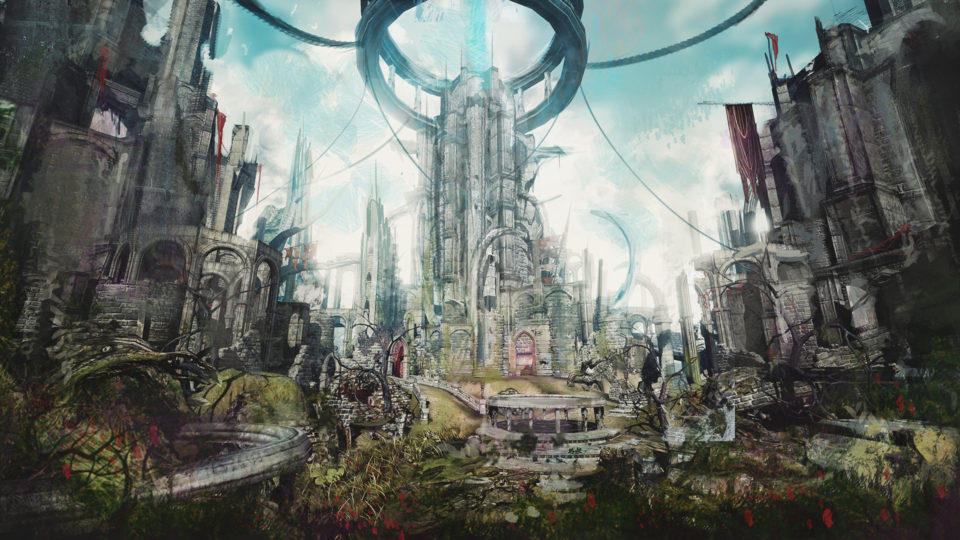
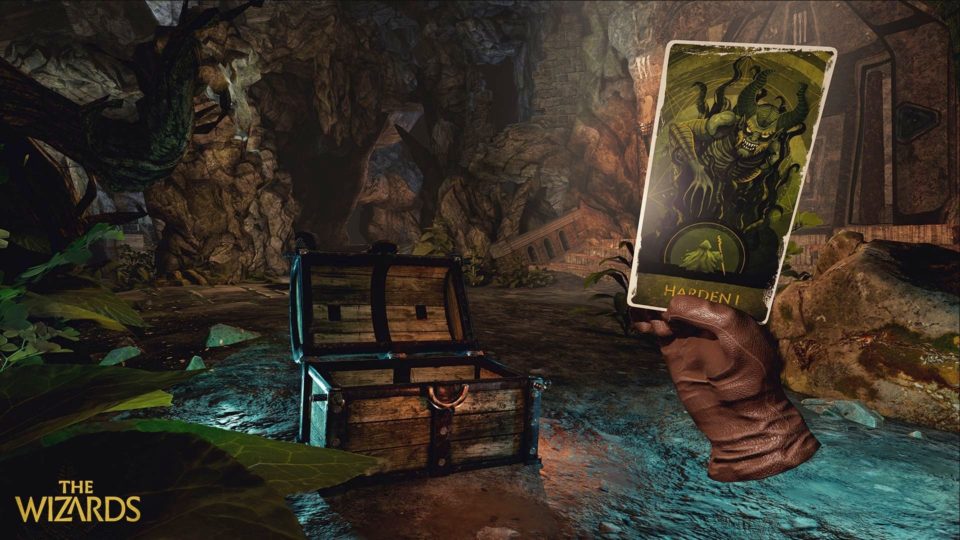
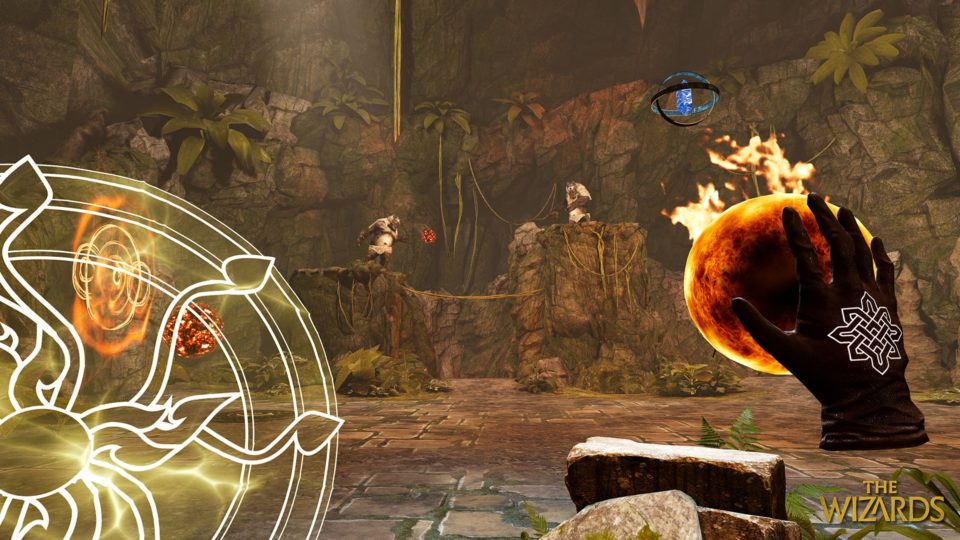
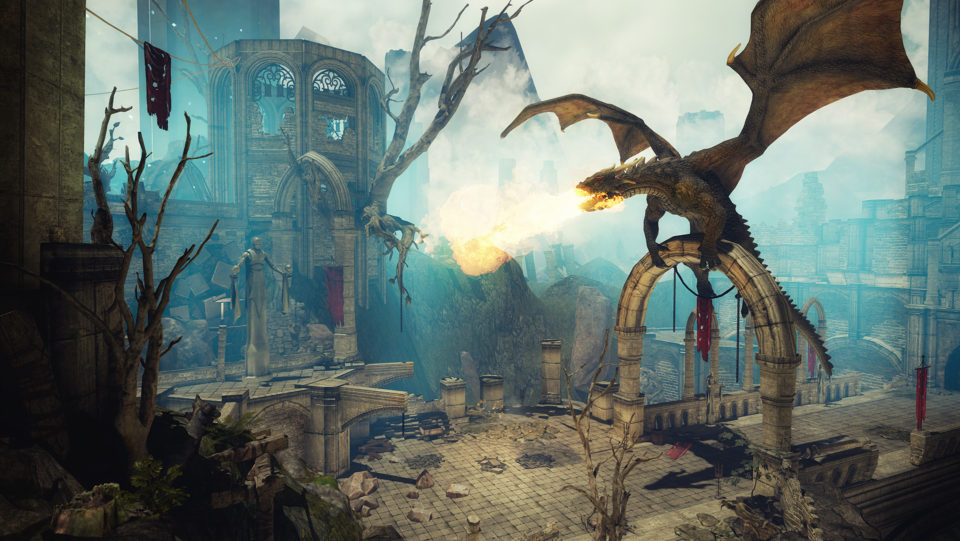
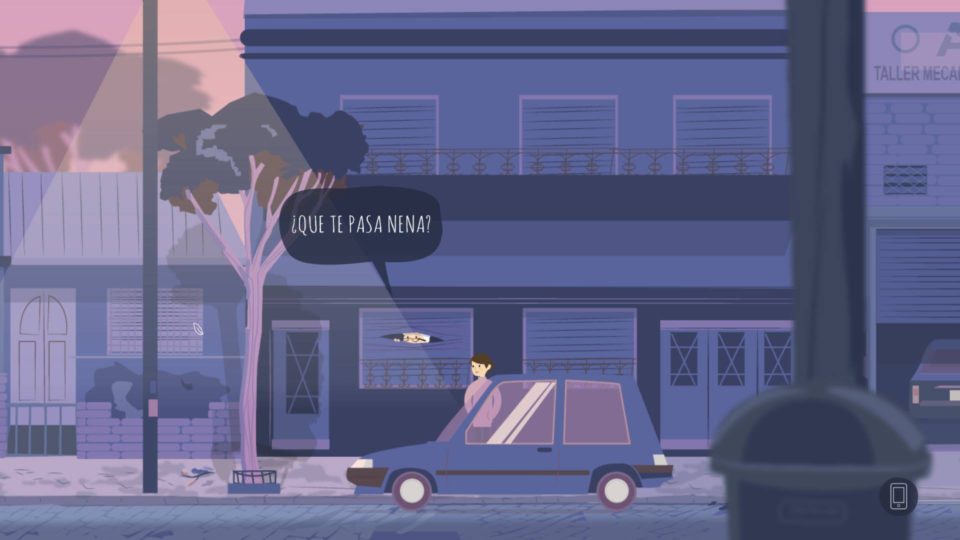
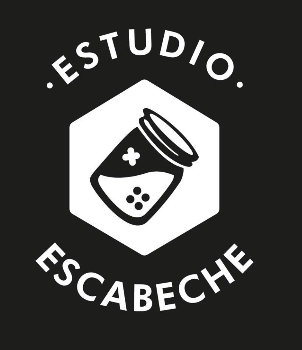 Argentine game studio Escabeche and their game Manzana Misteriosa won the Indie Prize at the Awesome Game Awards in Cordoba, Argentina. They were invited to participate in Indie Prize at Casual Connect USA 2018 held at Disneyland.
Argentine game studio Escabeche and their game Manzana Misteriosa won the Indie Prize at the Awesome Game Awards in Cordoba, Argentina. They were invited to participate in Indie Prize at Casual Connect USA 2018 held at Disneyland.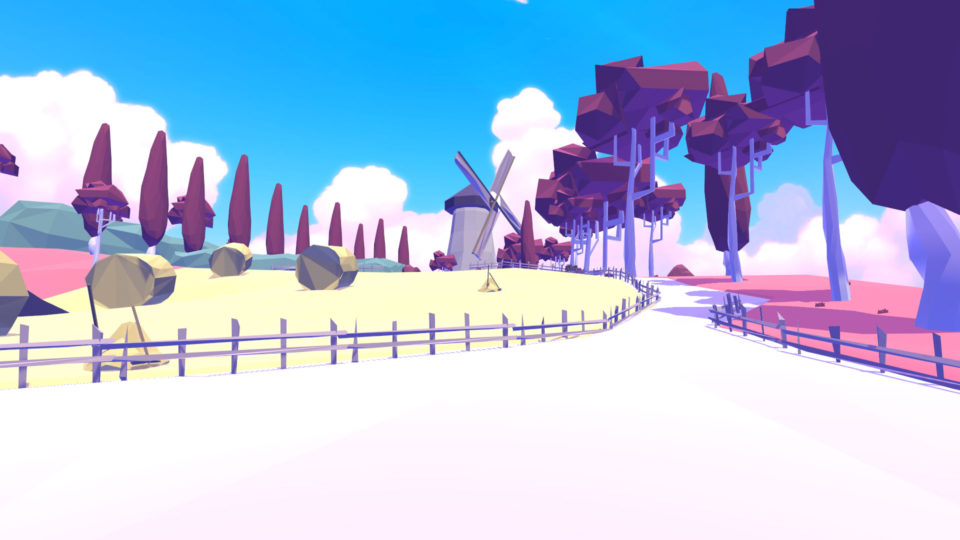
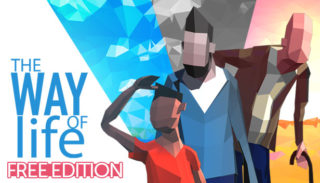 CyberCoconut was founded by Davide Caio and Nicolò Azzolini, who met at the 2014 Global Game Jam in Milan. Although they didn’t know each other at all, they quickly discovered they worked very well together. After the game jam they began working together on small projects. Then they released on Steam the prototype of The Way of Life, which they had made during Game Jam. In the first two weeks it had 100,000 downloads, and the community was very enthusiastic, asking for more. Suddenly they were motivated to start their own company and continue working on the game.
CyberCoconut was founded by Davide Caio and Nicolò Azzolini, who met at the 2014 Global Game Jam in Milan. Although they didn’t know each other at all, they quickly discovered they worked very well together. After the game jam they began working together on small projects. Then they released on Steam the prototype of The Way of Life, which they had made during Game Jam. In the first two weeks it had 100,000 downloads, and the community was very enthusiastic, asking for more. Suddenly they were motivated to start their own company and continue working on the game.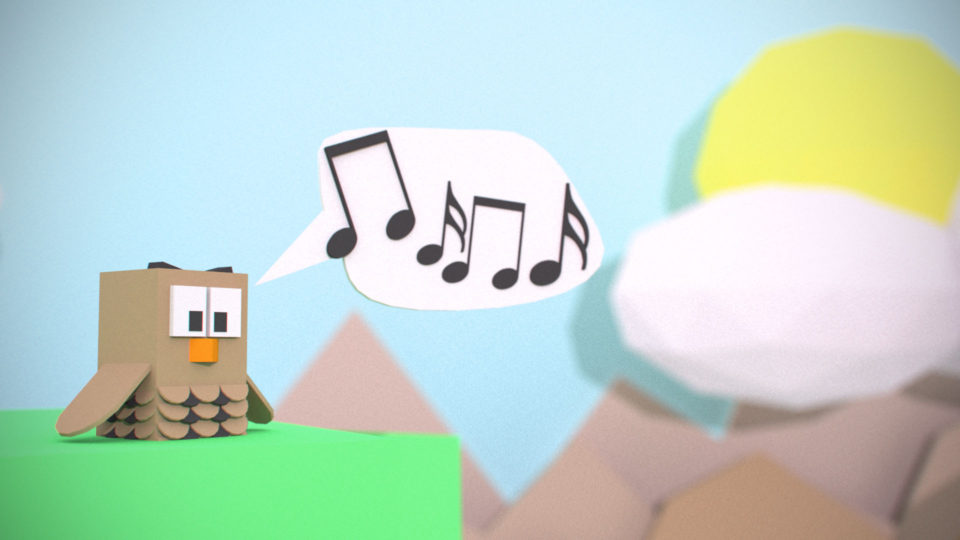
 ALL CAPS is a startup game studio based in Aalborg, Denmark. They focus on creating exciting, entertaining games that keep players coming back to play again. Their first game, Block Amok was released in early 2015 and has been nominated for a number of awards. Now their new project, Disco Flip, has won the Audience Award at Game Scope, an Indie Prize Partner event and Denmark’s largest games festival. As winners, the ALL CAPS team was invited to Casual Connect Kyiv and Indie Prize Kyiv. Recently Gamesauce enjoyed asking Brian Nielsen, CEO of ALL CAPS, about their indie studio, their experience at Game Scope and, of course, Disco Flip.
ALL CAPS is a startup game studio based in Aalborg, Denmark. They focus on creating exciting, entertaining games that keep players coming back to play again. Their first game, Block Amok was released in early 2015 and has been nominated for a number of awards. Now their new project, Disco Flip, has won the Audience Award at Game Scope, an Indie Prize Partner event and Denmark’s largest games festival. As winners, the ALL CAPS team was invited to Casual Connect Kyiv and Indie Prize Kyiv. Recently Gamesauce enjoyed asking Brian Nielsen, CEO of ALL CAPS, about their indie studio, their experience at Game Scope and, of course, Disco Flip.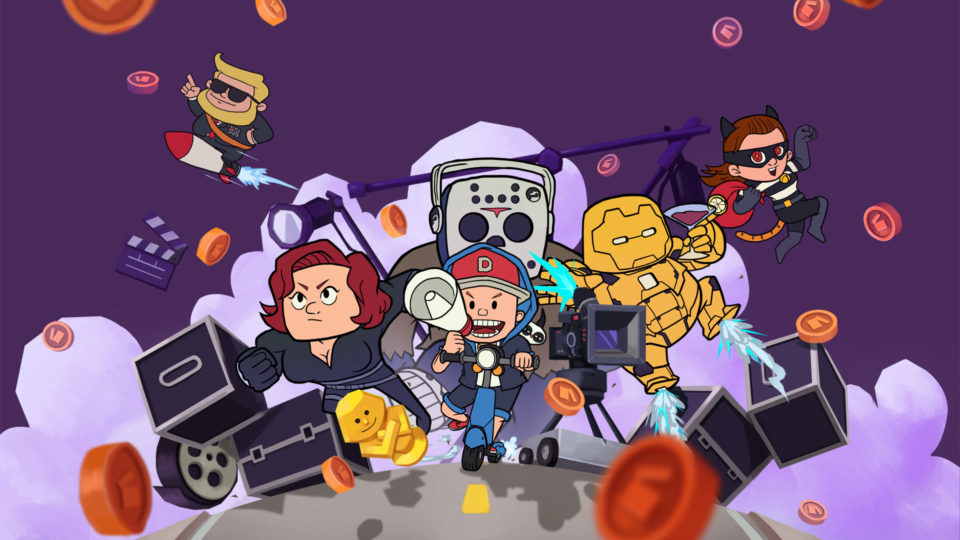
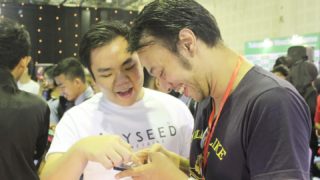 Despite their mission to spread the joy of gaming, Joyseed Gametribe quickly discovered that there are a lot of business decisions necessary as they work to find an effective way to distribute their products. So their short term focus is simply to survive in the very tough game industry, and then to expand, growing bigger and better.
Despite their mission to spread the joy of gaming, Joyseed Gametribe quickly discovered that there are a lot of business decisions necessary as they work to find an effective way to distribute their products. So their short term focus is simply to survive in the very tough game industry, and then to expand, growing bigger and better.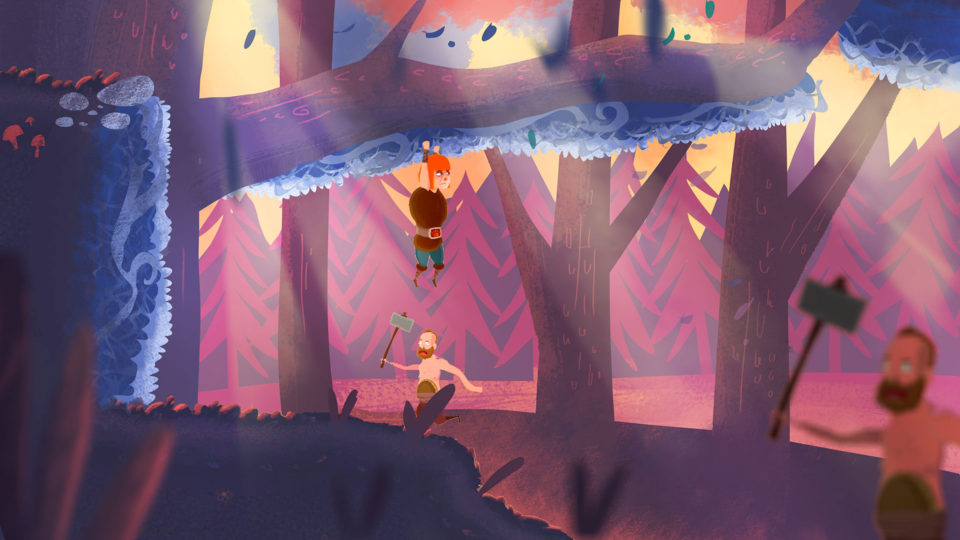
 What is the Indie journey like? What does it take to come up with exciting ideas, create your own company and develop a winning game? Recently Gamesauce was fascinated to learn from writer/animator Ozan Drøsdal about the process that began with a group of friends making a game and led to a company called Perfectly Paranormal developing the winning game, Helheim Hassle, at Konsoll Connect. As winners, the indie team has won the opportunity to compete at Indie Prize London which will take place at Casual Connect Europe on 29-31st of May 2018.
What is the Indie journey like? What does it take to come up with exciting ideas, create your own company and develop a winning game? Recently Gamesauce was fascinated to learn from writer/animator Ozan Drøsdal about the process that began with a group of friends making a game and led to a company called Perfectly Paranormal developing the winning game, Helheim Hassle, at Konsoll Connect. As winners, the indie team has won the opportunity to compete at Indie Prize London which will take place at Casual Connect Europe on 29-31st of May 2018.
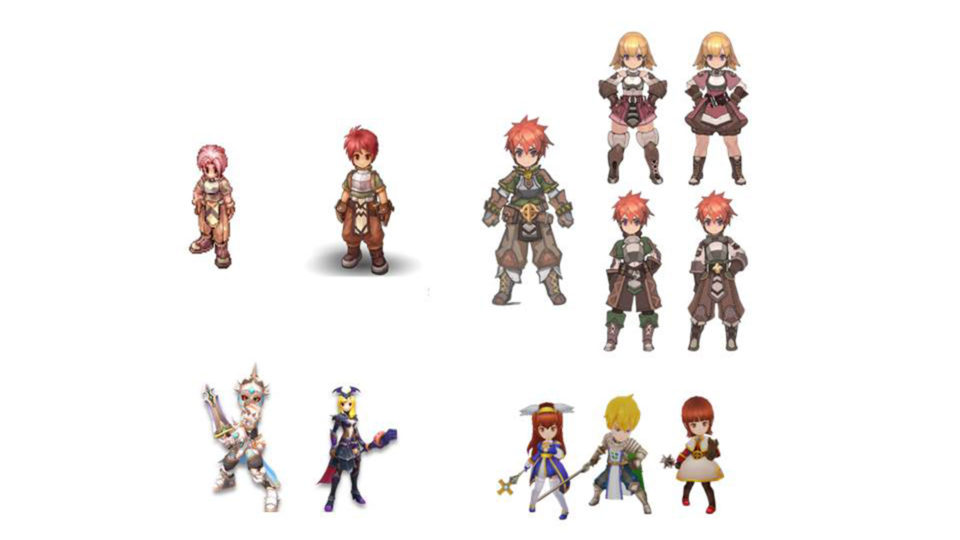
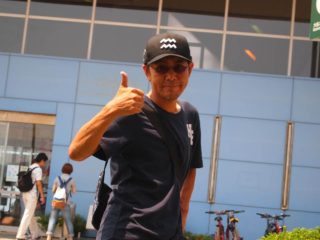
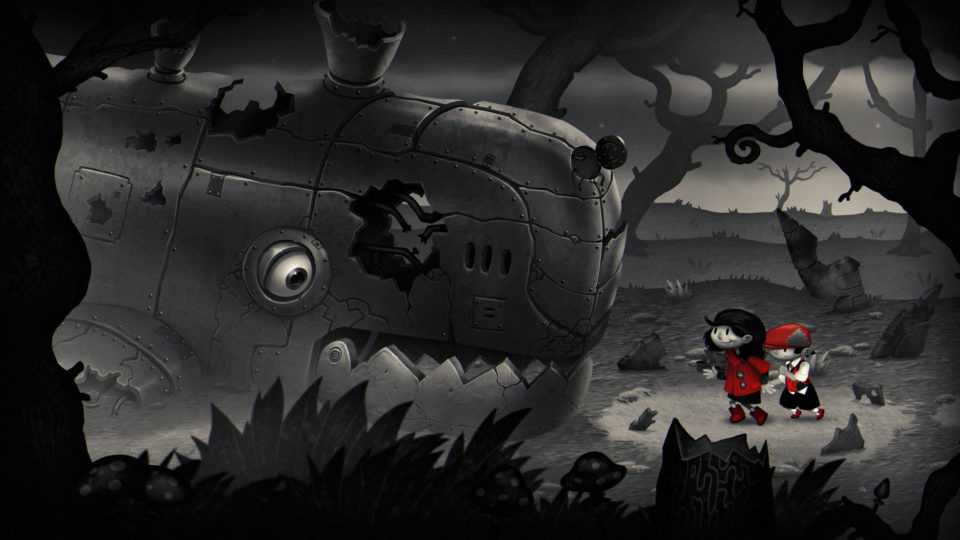
 The winner of Indie Games Poland (an Indie Prize Partner Event) is a game studio based in Warsaw, Poland. As a winner, Juggler Games had the opportunity to participate in Indie Prize Kyiv 2017. Although Juggler Games is relatively new on the game scene, it was formed by industry veterans who collectively bring more than twenty-five years of experience to this company. The three founders, Mikolaj Pawlowski, Jakub Jabloński and Łukasz Janczuk, discussed the possibilities for more than a year before taking the leap to start the company. The undeniable fact that led to forming the company was that when you work for someone else you have limited opportunities to explore your own ideas for games. In order to make their own dream game they had to have their own company.
The winner of Indie Games Poland (an Indie Prize Partner Event) is a game studio based in Warsaw, Poland. As a winner, Juggler Games had the opportunity to participate in Indie Prize Kyiv 2017. Although Juggler Games is relatively new on the game scene, it was formed by industry veterans who collectively bring more than twenty-five years of experience to this company. The three founders, Mikolaj Pawlowski, Jakub Jabloński and Łukasz Janczuk, discussed the possibilities for more than a year before taking the leap to start the company. The undeniable fact that led to forming the company was that when you work for someone else you have limited opportunities to explore your own ideas for games. In order to make their own dream game they had to have their own company.